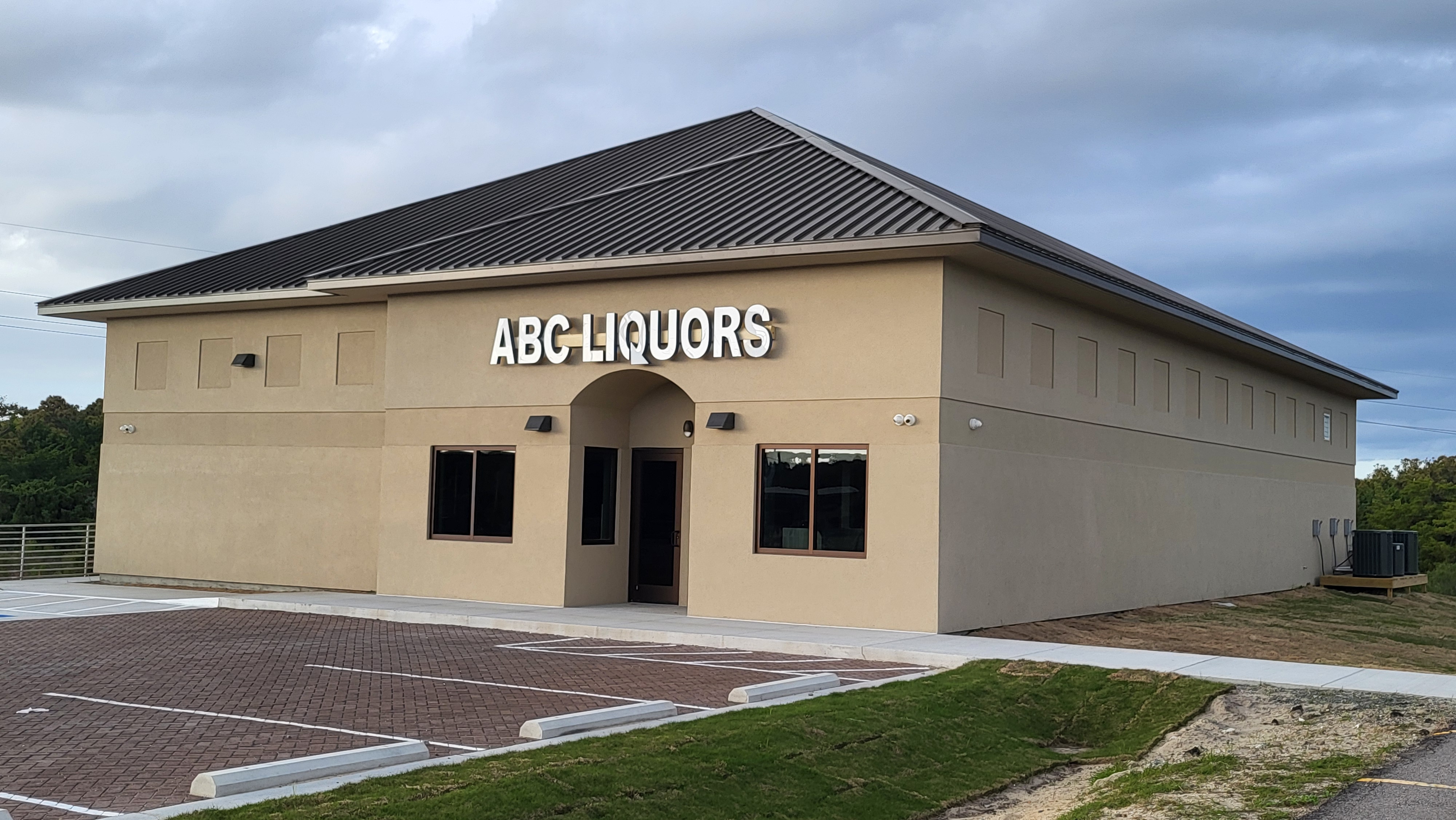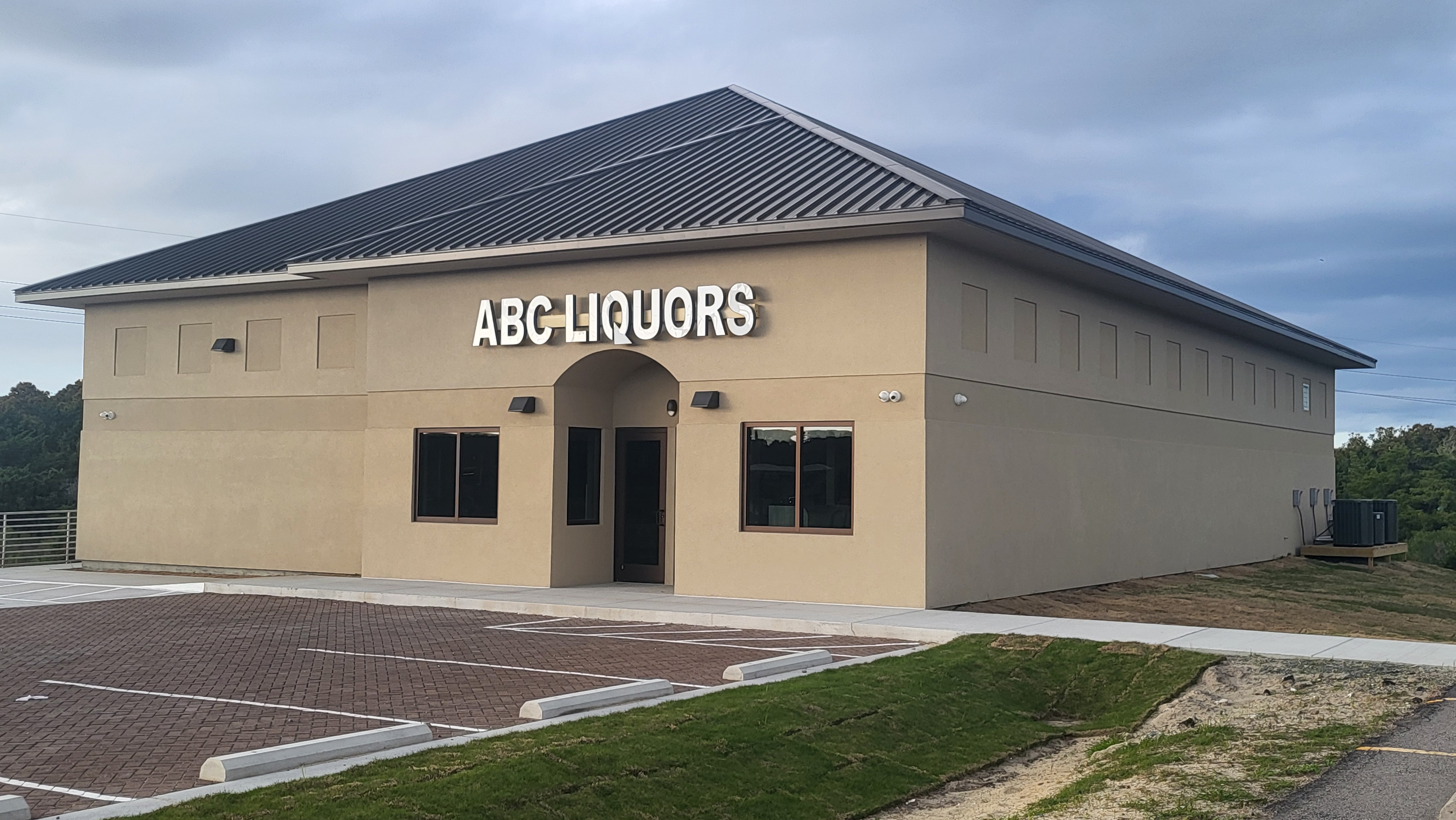Guest Column: A search to find help for a women’s health issue no one wants to talk about
For a number of years, I was embarrassed to talk about my debilitating health issues. That’s what I called them – “health issues.”
We live in a polite society, and it is uncomfortable for most of us to have our most personal bodily functions and ailments made public and certainly to speak of them was unthinkable to me.
The product of an emergency room nurse and a former prisoner of war, I grew up learning not to whine or complain and to remember there is always someone worse off than I. Compared to many others, I was in good shape so it was unseemly on several levels to discuss my health issues.
The health issues finally rendered me practically non-functional and struggling with low-grade situational depression. I became housebound and completely unreliable as far as appointments or commitments were concerned.
Traveling anywhere was so difficult that we traded our vehicle in for a mini-van so I would have a place for a small camper toilet. Even then, it wasn’t easy and I left home only when it was necessary.
The reason? First, urinary problems, and then bowel dysfunction so severe that I spent most of my time in the bathroom and never slept more than two hours at a time. I had a great deal of pelvic pain, and I hurt with almost any activity I undertook.
It took more than five years and several doctors from Elizabeth City and Greenville, Suffolk and Norfolk, numerous tests (some pretty gruesome), two colonoscopies, and surgery to resect my rectum before the cause of my problems was diagnosed.
I was told, “Drink more water,” “Eat more fiber,” “You have IBS (Irritable Bowel Syndrome)and there is no cure,” and “There is nothing wrong with you.”
It was demoralizing and degrading.
Everyone was looking in the area of the obvious immediate problems and didn’t consider the common denominator – the pelvic floor.
Two years ago I changed gynecologists. I surveyed women whose judgment I trusted and Dr. Dan Dwyer’s name came up repeatedly.
When I first saw him in his Nags Head office, I didn’t go into detail about the problems I was having. I was so tired of talking about it and hearing the same litany of what I now, rightly or wrongly, considered excuses for the doctors‘ lack of compassion and interest.
But by my second annual visit, I was ready to plead for help. Dr. Dwyer knew something was not right and he gave me the opening I needed.
When Dwyer was unwilling to do a manual examination that caused me pain, he brought me back in for an ultrasonic examination and a lengthy and straightforward yet sympathetic discussion.
Dwyer’s diagnosis was a neuromuscular dysfunction and he wanted me to see a urogynecologist. I had never heard of a urogynecologist, and my job was to research and locate such a specialist using criteria he set forth and get back to him with my findings.
That was very good for me. It gave me some control, finally, over my path to eventual normalcy.
A specialist at Duke seemed to me to have the best credentials, so I sent Dr. Dwyer the link and he quickly responded that he agreed.
I made an appointment and in just a few weeks I was seeing Dr. Alison Weidner in the Urogynecology Division of the Department of Gynecology at Duke University Hospital in Durham.
She spoke with me extensively and conducted a detailed physical examination. Her conclusion was a confirmation of Dwyer’s diagnosis — officially, levator spasm with dispareunia.
Simply, my pelvic floor muscles were in chronic spasm, shortened and tightened so much that they were unable to relax. That resulted in painful sexual intercourse, constant pain in the pelvic area, alternating constipation and diarrhea with urgency, and frequent urination.
The doctor’s prescription was a course of a muscle relaxant and specialized women’s health physical therapy. The medication was not a problem to obtain here on Hatteras, but the physical therapy was not going to be easy to locate.
She gave me a not-very-long list of physical therapists across the United States who were specialists in women’s health but presented it to me with a caveat: “You live on the edge of nowhere (Hatteras village) and there is no one nearby that we can recommend.”
No surprise but still disappointment. There was help, but it was not available to me.
Well, I would not give up. I would find someone who would help me now that I knew what I was looking for.
After an extensive search, I located someone in St. Petersburg, Fla., close enough to my sister’s house to be a possibility for me. Off I went with Chobe, our dog, but not with my husband, Ernie, who was keeping the business going, for two months of therapy in an easily accessible place, only a15-minute drive from her house.
It was a very positive experience. I was slowly feeling improvement, and I would gladly have stayed for however long it took to achieve relief. But after two months of treatment (three days a week), the season was about to begin in Hatteras, and I had to return home to our business. I was not ready, but there was no option.
Ernie flew down to drive us home. It took five days because I had been ordered to stop every hour to stand and move. When we got back, I soon found myself slipping backwards and was again faced with the original challenge — where could I get help?
My spirits dropped, and my hope began to fade. One day my good friend and editor, Irene Nolan, called to ask if I had read the supplement that Albemarle Hospital had placed in a local paper. I had not.
In it was a notice of a new service – women’s health physical therapy.
Elizabeth City is a long drive for me, but my initial therapy had left me capable — sort of — of the trip. At least, I was more able than I had been earlier. So I made an appointment and began a new regime.
The staff was warm, professional, and respectful of my modesty. In the early days, several of the professionals (Tracy, Susan, Kristin and Johnna) weighed in with their assessments, their specialized treatments, and their advice. In addition to the pelvic floor dysfunction, my body was misaligned and there was tightness where I had surgical scars and fascia that had hardened. All were addressed.
I felt heartened by their collective concern and, more than that, their determination to make me whole again.
I have been working primarily with Kristin Everette for months now. She has designed plans specifically for me, taking into account my weekly progress. During our sessions Kristin encourages me as she instructs and demonstrates each exercise and explains what the exercise is designed to do.
Kristin is a fine-tuned professional who is passionate about her work. She displays natural warmth and humor that make me feel comfortable and confident and not the least embarrassed.
With her help, I am making big improvements again.
I have flare-ups once in a while and can expect that. I sometimes have a bad day or two after I have practiced new, more advanced exercises. But the good days outnumber the bad, and I have experienced very little pelvic pain for a number of weeks.
After many years, I can now take daily walks, work on the elliptical trainer, and can once again enjoy throwing a ball for my dog. I practice some restorative yoga and dutifully follow my plan. I make time for at least 15 minutes of daily meditation.
The exercises are actually relaxing. They are prescribed to lengthen and relax the pelvic floor muscles and are not intended to make me skinny, so my focus is always relaxation, not “burn” or sweat.
Kristin has recently introduced some introductory Pilates exercises to help me begin to strengthen my core and even they are not brutal — yet!
I begin and end each session with diaphragmatic breathing exercises and enjoy soothing music. I realize I am developing a refreshing new attitude about my body and my psyche. I now know that I hold my stress in my pelvis and I am learning to recognize when that occurs and relax.
There are so many people who can benefit from this treatment: older women who have been told that “leaking” when coughing, laughing or hitting a golf ball is just a part of the aging process, women told they have IBS and there is no cure, young athletes , particularly gymnasts, and ballerinas, struggling already with straining. Men, too, can benefit from targeted physical therapy.
I wish I did not have to go to Elizabeth City from my home in Hatteras village. It is a long round trip. Last year it would have been an impossible journey with all the benefits of therapy wiped out by the difficulty of traveling in my condition.
Several weeks ago, I called Anne Thomas, the director of the Dare County Public Health Department. She is a woman who knows whom to call, where to look, and how to go about getting things done. I explained my situation, expressed my concern that many women here were not even aware that there was help available, and asked her to direct me to the right person to contact about getting this service here on the Outer Banks.
The next day she phoned and asked if she could give my name and number to Janet Jarrett, the administrator of Regional Medical Center in Kitty Hawk, with whom she had conferred.
The following day, I received a call from Janet. She was supportive and wanted to explore the possibility of bringing therapists from Albemarle Hospital, their affiliate, to Regional on a once or twice a week basis.
She organized a Lunch and Learn series on the topic at Regional every Tuesday in October, and there was interest.
As you can imagine, economics enters the equation. There must be a need to support the service. So they must evaluate the potential before the implementation.
It is certainly possible. Michelle Deppish, the director of Rehabilitation Services at Albemarle Hospital is, along with Janet, enthusiastic about bringing women’s health physical therapy to the Outer Banks, as are two wonderful practitioners who have helped me so much, Kristin and Susan.
The professionals are ready to go, and here is how you can help yourself.
I completely empathize with anyone’s initial hesitance to speak up, but I ask this of you — make the initial call.
A phone call to Michelle Deppisch or any of her staff will be handled discreetly and empathetically. You may be surprised how comfortable they make you feel.
They have helpful hints for talking with your doctor that, believe me, I wish I had years ago. They have forms for keeping a daily record of your symptoms and a self-assessment quiz for you to help you paint a full picture for yourself, your doctor, and your therapist.
If you are like me, in time the condition becomes your ”normal,” and it is hard to quantify the symptoms after a while. But don’t be intimidated. Just answer the best you can. The therapy staff knows how to ask questions that give them the information they need to help you.
However, if you do not yet feel comfortable calling the unit, please e-mail me or phone me and let me know that you feel you could benefit from women’s health physical therapy.
I promise to honor your anonymity. I will never divulge your name and contact information unless you tell me it is okay. You don’t even have to tell me if that is easier.
It will be my pleasure to talk with you and discuss my experience, and I want only for you to find the relief that I have been experiencing.
Be aware that you will need a doctor’s order for physical therapy, so it is important that you ask for this treatment. You may have to do a little educating, and we can help you with that. Answer these few questions and discuss them with your physician:
1.My last pelvic exam was —– (days, weeks, months, years) ago.
2.I have —— child(ren) and delivered —– (vaginally, by cesarean section.)
3.I’m having some or all of the following symptoms:
a.Pain, pressure or a bulge “down there”
b.Trouble urinating or passing a bowel movement
c.“Leaking” or needing to use a bathroom often
d.Pain during urination
4.My symptoms started —– (days, weeks, months, years) ago.
5.I have these symptoms —– (daily, a few times a week, sometimes, etc.).
6.I want to find ways to treat or cure these symptoms.
7.Is he/she aware of the progress being made in women’s heath physical therapy?
There are many of us with these problems. I know that now. Please let us help you to help yourself.
FOR MORE INFORMATION
Lynne Foster
lfinchina@hotmail.com
252-986-2515
Albemarle Hospital
Department of Rehabilitation Services
1144 N. Road Street
Elizabeth City, NC 27909
252-384-4192
www.albamarlehealth.org
















